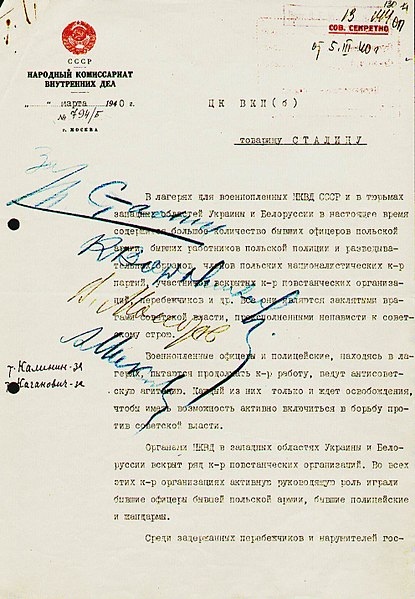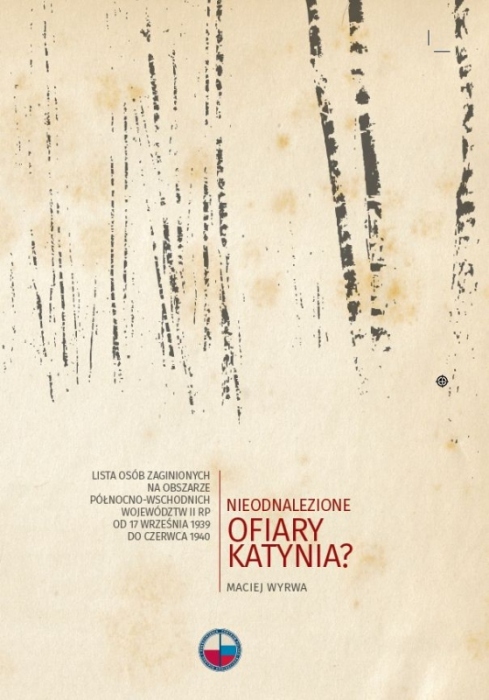Katyń Pro Memoria
The Centre published an exceptional book, which is a record of conversations between researchers of the Katyn Crime from Poland, Russia, Lithuania, Slovakia and Germany, journalists, lawyers, activists of social organisations and people directly affected by the Katyn Crime, representatives of several generations of Katyn Families.
Such a comprehensive and diverse selection of records allows us to look at the Katyn Massacre once again from various perspectives: what place does Katyn hold on the map of 20th century totalitarianisms? Why should we still remember about the Katyn Massacre and research it? What is Katyn in today's Russia? Katyn on Instagram? How to preserve the memory of Katyn among young people?
The publication also contains incredibly moving testimonies from the Katyn Families. The great-granddaughter, granddaughter and daughter of those murdered in Katyn tell what their lives look like in the shadow of the Crime. Maria Magdalena Blombergowa said: "Katyn is the focus of my life. Only dimly do I remember the moment when my father left for the war: he lifted me in his arms – and that was all. When he went to war, he took his two oldest sons with him".
The book also examines the Katyn Massacre from the perspective of current Polish-Russian relations. What is Russia's attitude to this topic, both in the official and social dimension? Can it be treated as a kind of litmus test for Polish-Russian relations? What role do Katyn cemeteries play in Russia today? How does the Katyn Massacre fit into the memory of Soviet repression in Russia? Dr Aleksandr Guryanov notes:
"Russia's official position, is dual and contradictory. On the one hand, it contains a breakthrough recognition of the Russian perpetration of the Katyn Massacre, to which thousands of Polish citizens fell victim. On the other hand, the Russian Chief Military Prosecutor's Office and the Russian courts supporting this prosecutor's office refuse to recognise as victims of this crime any prisoner of war who has been individually reported by name and surname under the law on the rehabilitation of victims of political repression in force in the Russian Federation.



